Home>Interior Design>Should You Have A Mirror In Your Bedroom? Why Feng Shui Experts Warn Against It
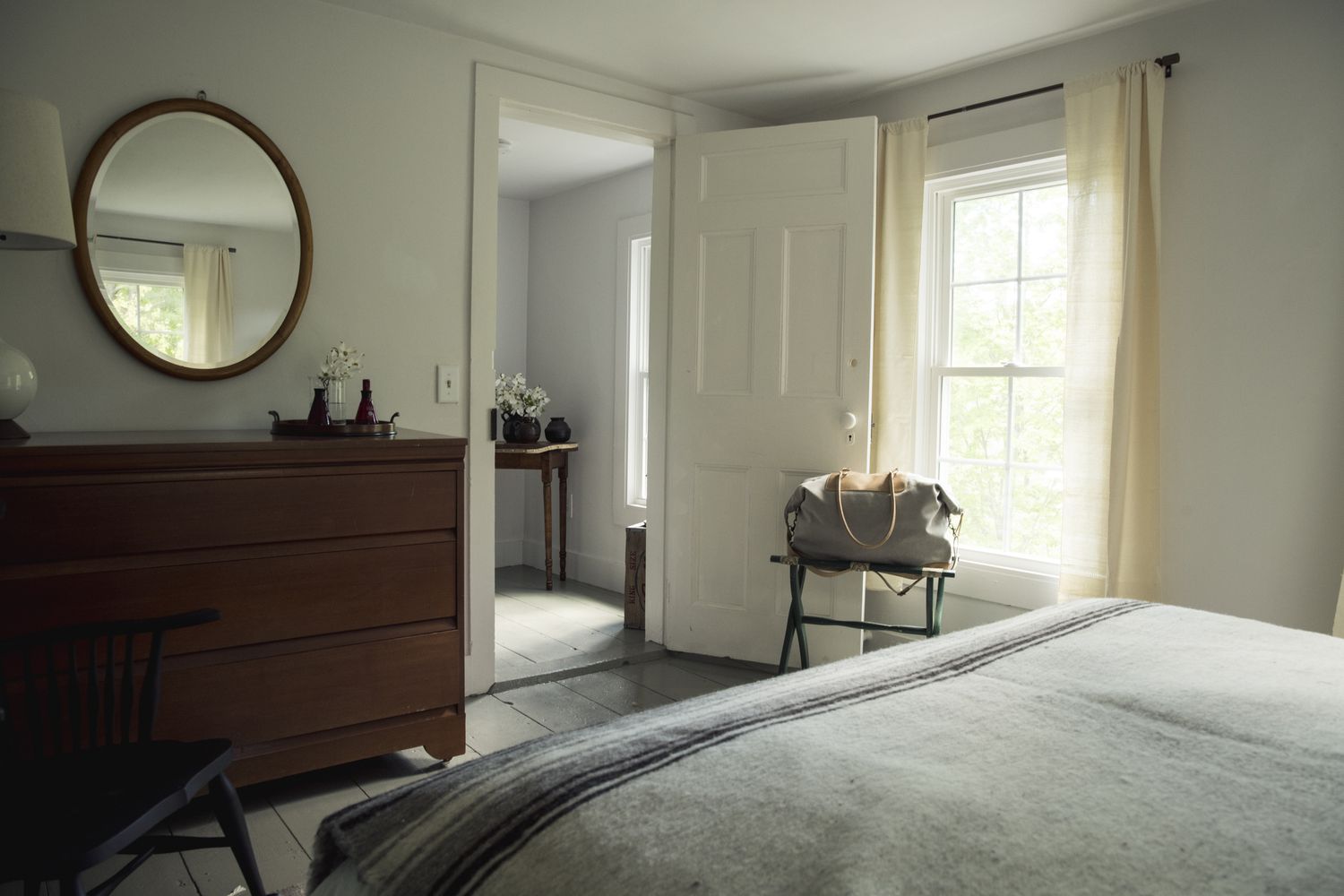

Interior Design
Should You Have A Mirror In Your Bedroom? Why Feng Shui Experts Warn Against It
Modified: August 17, 2024
Discover why interior-design experts warn against having a mirror in your bedroom and how it can negatively impact your Feng Shui.
(Many of the links in this article redirect to a specific reviewed product. Your purchase of these products through affiliate links helps to generate commission for Storables.com, at no extra cost. Learn more)
Introduction
When it comes to decorating our bedrooms, many factors come into play. From choosing the right color scheme to selecting furniture and accessories, we strive to create a space that is comfortable, relaxing, and aesthetically pleasing. However, when it comes to one particular element, feng shui experts often provide a word of caution: mirrors.
In the practice of feng shui, mirrors hold significant symbolism and are believed to have a profound impact on the energy flow within a space. While mirrors can be a wonderful addition to other areas of the home, such as the living room or entryway, their placement in the bedroom is a topic of debate. In this article, we will explore the concept of feng shui and why experts often warn against having mirrors in the bedroom.
Feng shui, which translates to “wind-water” in English, is an ancient Chinese practice that aims to create balance and harmony within our living environments. It is based on the belief that the arrangement and orientation of objects in a space can affect the flow of energy, also known as “qi” (pronounced “chee”). By optimizing the qi, feng shui practitioners strive to create spaces that promote well-being, prosperity, and positive relationships.
According to feng shui principles, every object carries its own energy, and mirrors are no exception. Mirrors are believed to possess the ability to reflect and amplify energy, making them powerful tools in manipulating the qi of a space.
Having a mirror in the bedroom can offer various benefits. Firstly, mirrors can create the illusion of a larger space, making the room appear more open and airy. This can be particularly advantageous for smaller bedrooms or rooms with limited natural light. Additionally, mirrors in the bedroom can also serve as a tool for self-reflection, allowing individuals to see themselves and promote a sense of self-confidence and self-awareness.
Key Takeaways:
- Feng shui cautions against mirrors in the bedroom due to their potential to disrupt energy flow, hinder restful sleep, and amplify negative energy, but alternative approaches can mitigate these effects.
- Mindful placement and alternative reflective surfaces offer a balanced approach to incorporating mirrors in the bedroom, aligning with feng shui principles while customizing the space to suit individual needs.
The Concept of Feng Shui
To truly understand why feng shui experts caution against having mirrors in the bedroom, it’s important to have a grasp on the fundamental principles of feng shui and the influence of energy in our spaces.
Feng shui is deeply rooted in the belief that our living spaces are a reflection of our inner selves and our connection to the natural world. The goal of feng shui is to harmonize the energy flow, or qi, in our surroundings to promote health, wealth, and overall well-being.
The core principles of feng shui revolve around the interaction between yin and yang energies. Yin represents the feminine, calm, and passive energy, while yang represents the masculine, vibrant, and active energy. Balancing these two energies is crucial for creating a harmonious environment.
One of the key aspects of feng shui is the understanding of the five elements: wood, fire, earth, metal, and water. Each element has its own characteristics and energy, and they interact with one another in various ways. The proper arrangement and incorporation of these elements in a space can create a harmonious and balanced energy flow.
Energy is a vital force in feng shui, and its presence or absence can greatly influence our lives. The layout, design, and arrangement of objects in our spaces can either enhance or hinder the flow of energy. Feng shui experts believe that an optimal flow of energy promotes good health, positive relationships, and abundance.
When it comes to the bedroom, a space that is meant to promote rest and relaxation, it’s important to create a calming and soothing environment. Bedrooms are considered “yin” spaces, as they are meant for rest and rejuvenation. According to feng shui principles, the energy in the bedroom should be gentle, nurturing, and conducive to quality sleep.
However, mirrors in the bedroom can disrupt the delicate energy balance. Mirrors are highly reflective objects that bounce energy back into the space. If placed incorrectly, they can create a disruptive energy flow that is not conducive to a restful environment. Feng shui experts believe that mirrors in the bedroom can cause restless sleep, amplifying stress, and even reflecting negative energy.
Understanding the influence of energy in our spaces is key to comprehending the reasons behind the caution against having mirrors in the bedroom. With this knowledge, we can explore in more depth the role of mirrors in feng shui and why experts advise against their presence in our sleeping sanctuaries.
The Role of Mirrors in Feng Shui
To delve deeper into the reasons why feng shui experts warn against having mirrors in the bedroom, it is essential to explore the role of mirrors in feng shui and their symbolic significance, as well as the potential energy disturbance they may cause.
In feng shui, mirrors hold significant symbolism and are considered powerful tools for manipulating energy. Mirrors are believed to reflect and magnify both physical and energetic aspects of a space, making them influential in shaping the energy flow. They are thought to be portals between the visible and invisible worlds, capable of capturing and reflecting energy in its various forms.
Reflecting on the symbolic significance of mirrors, they are associated with clarity, self-reflection, and the ability to see beyond surface appearances. Mirrors have long been utilized in spiritual and mystical practices as a means of gazing into one’s true self and gaining insight into the deeper aspects of life. They symbolize the idea of truth, insight, and the ability to see beyond what is readily apparent.
From a practical standpoint, mirrors also possess unique properties that can impact the energy in a space. They have the ability to amplify light and reflect images, making them versatile in enhancing the visual space and illumination of a room. This is particularly advantageous in smaller or dimly lit bedrooms, as mirrors can create the illusion of more space and add a sense of brightness.
However, these same reflective properties that make mirrors beneficial in other areas of the home can also cause disturbances in the bedroom according to feng shui principles. The reflective surface of a mirror has the potential to bounce energy back into the space, disrupting the natural flow of qi.
When placed directly across from the bed, for example, a mirror may reflect the sleeping individual’s image or create multiple reflections in the room. This constant reflection is believed to create an energetic disturbance, contributing to a restless and agitated state of sleep. Furthermore, the constant presence of the reflectivity may create a sense of restlessness and unease, preventing one from fully relaxing and rejuvenating in the bedroom.
Moreover, mirrors have the capability of reflecting negative energy, not only from the outside environment but also from within ourselves. This can be particularly problematic in the bedroom, a space where we seek solace and tranquility. If negative energy or emotions are reflected back to us by the mirror, it can contribute to a sense of unease, anxiety, or even amplify existing stress.
Considering the symbolic significance of mirrors, their reflective properties, and the potential for energy disturbance, it becomes clear why feng shui experts strongly advise against having mirrors in the bedroom. The disruptive influence they may have on the energy flow and the potential for negatively impacting our sleep and overall well-being make their placement a matter of careful consideration.
Benefits of Having a Mirror in the Bedroom
While feng shui experts caution against having mirrors in the bedroom, it is important to acknowledge that mirrors do offer certain benefits. When used mindfully and appropriately, mirrors can enhance the overall ambiance of the bedroom and promote a positive self-image.
One of the primary advantages of having a mirror in the bedroom is the enhanced visual space and light it can bring to the room. Mirrors have the ability to create an illusion of more space, making a smaller or cramped bedroom appear larger and more open. This can be especially beneficial for those who have limited square footage or who desire a more expansive feel in their sleeping sanctuary.
In addition to creating the perception of a larger space, mirrors can also reflect and amplify natural or artificial light, brightening up the room. Natural light is known to have numerous benefits, such as boosting mood, increasing productivity, and regulating sleep patterns. By strategically placing a mirror to capture and reflect sunlight or the artificial light in the bedroom, you can increase the overall brightness and vibrancy of the space.
Furthermore, mirrors in the bedroom can serve as a tool for self-reflection and promote a sense of self-confidence. Being able to see ourselves in the mirror can help us connect with our inner selves and develop a positive self-image. It provides an opportunity for self-appraisal, allowing us to assess our appearance, grooming, and outfit choices before heading out into the world.
Moreover, having a mirror in the bedroom can serve as a daily reminder of our individuality and uniqueness. It can inspire us to embrace our authentic selves and develop a sense of self-assuredness. Mirrors can also be a tool for practicing self-care and self-love, as we can take a moment each day to appreciate and celebrate ourselves.
When used thoughtfully and consciously, mirrors can offer benefits in terms of creating an illusion of enhanced space, increasing the brightness of the room, and promoting self-reflection and confidence. However, it is essential to consider the potential drawbacks and heed the advice of feng shui experts when it comes to the placement and use of mirrors in the bedroom.
Place the mirror in your bedroom where it doesn’t directly reflect the bed to avoid disturbing the energy flow. Avoid placing it facing the door to prevent energy from bouncing back.
Why Feng Shui Experts Warn Against Mirrors in Bedrooms
While mirrors in the bedroom may offer some benefits, feng shui experts often caution against their presence due to the potential negative impact they can have on the energy flow within the space. Here are a few reasons why feng shui experts advise against mirrors in bedrooms:
1. Disrupting the flow of energy: In feng shui, the flow of energy, known as qi, is of utmost importance. Mirrors have the ability to bounce energy back into the space, creating a disruption in the natural flow of qi. This can lead to an imbalance in the energy within the bedroom, affecting the overall harmony and tranquility of the space.
2. Encouraging restless sleep and amplifying stress: Placing a mirror in direct view of the bed can be particularly problematic. The constant reflection of the sleeping individual’s image or multiple reflections in the room can create a sense of restlessness and unease, hindering the ability to achieve restful sleep. The constant presence of the mirror’s reflectivity can contribute to heightened stress levels and prevent the mind and body from fully relaxing.
3. Reflecting negative energy: Mirrors not only reflect the physical surroundings but can also amplify and reflect negative energy or emotions present within the space. This includes the negative energy that may linger from arguments or unresolved emotional issues. Having a mirror in the bedroom can potentially magnify this negative energy, creating an atmosphere that is not conducive to rest, relaxation, and rejuvenation.
Additionally, mirrors can reflect external energies and disturbances, such as street lights, passing vehicles, or neighboring buildings. These external energies can disrupt the tranquility of the bedroom and disturb sleep patterns.
Overall, feng shui experts advise against the presence of mirrors in the bedroom due to their potential to disrupt the flow of energy, encourage restless sleep, amplify stress, and reflect negative energy. However, it’s important to note that the specific placement and size of the mirror can also influence its impact. By following feng shui guidelines and considering alternatives, it is possible to minimize any potential negative effects of mirrors in the bedroom.
Alternative Feng Shui Approaches
While feng shui experts generally advise against having mirrors in the bedroom, there are alternative approaches that can be considered if you still wish to incorporate reflective surfaces in your sleeping space. These approaches involve careful placement considerations and the use of coverings or alternative reflective surfaces.
1. Placement considerations for mirrors in bedrooms: If you decide to have a mirror in the bedroom, it is crucial to be mindful of its placement. Experts recommend avoiding placing mirrors directly across from the bed, as this can create a disruptive energy flow and potentially hinder restful sleep. Instead, consider placing the mirror in a location where it does not reflect the bed directly, such as on a side wall or inside a closet.
2. Using coverings: If the presence of a mirror in the bedroom still raises concerns, an alternative approach is to cover the mirror when it is not in use. This can be done by using a decorative cloth, a curtain, or even a folding screen. By covering the mirror during sleep or periods of rest, you can minimize its reflective properties and reduce potential disruptions to the energy flow in the room.
3. Alternative reflective surfaces: Instead of traditional mirrors, consider using alternative reflective surfaces in the bedroom. Options such as mirrored furniture or decorative objects with reflective elements, like metal or glass, can still add a touch of brightness and enhance visual space without the same energetic impact as a full-length mirror. These alternative reflective surfaces can be incorporated in a way that complements the overall décor and promotes a balanced energy flow.
By adopting these alternative feng shui approaches, you can mitigate the potential negative effects of mirrors in the bedroom while still incorporating reflective surfaces in a way that aligns with the principles of feng shui. It is essential to remember that feng shui is not a one-size-fits-all practice, and personal preferences and individual circumstances should also be taken into consideration when making decisions about your bedroom design.
Ultimately, the goal is to create a harmonious and tranquil environment in the bedroom, promoting restful sleep, relaxation, and a positive energy flow. By being mindful of the placement and impact of mirrors, as well as considering alternative approaches, you can maintain the principles of feng shui while customizing your sleeping space to suit your unique needs and personal style.
Conclusion:
The presence of mirrors in the bedroom is a topic that raises questions in the realm of feng shui. While mirrors offer visual benefits, such as enhancing space and reflecting light, feng shui experts caution against their placement in the bedroom due to their potential impact on the flow of energy and sleep quality.
Feng shui principles emphasize the importance of creating a harmonious environment that promotes balance, tranquility, and positive energy flow. Mirrors, with their reflective properties, can disrupt the natural flow of energy within a space, leading to restless sleep and an imbalance in the room’s energy. Additionally, mirrors have the potential to amplify negative energy and reflect external disturbances, hindering the overall serenity of the bedroom.
However, it is essential to note that feng shui is not a rigid set of rules but a practice that allows for personal interpretation and customization. If you still wish to incorporate mirrors in your bedroom, alternative approaches can be considered. Mindful placement, such as avoiding the direct reflection of the bed, can help minimize potential disruptions to energy flow. Coverings or alternative reflective surfaces, like mirrored furniture or decorative objects, can also be utilized to achieve a balance between visual aesthetics and feng shui principles.
Ultimately, the decision to have mirrors in the bedroom comes down to personal preference, individual circumstances, and the desired energy within the space. It is important to assess the specific needs and goals for your own bedroom and find a solution that aligns with those intentions. By considering the principles of feng shui and adopting alternative approaches, you can create a bedroom environment that promotes restfulness, relaxation, and positive energy.
Remember, feng shui is a practice that aims to enhance the overall harmony and well-being of our living spaces. It is a journey of self-discovery, awareness, and personalization. So, whether you choose to have mirrors in your bedroom or opt for alternative approaches, the key is to create a space that nurtures and supports your own unique energy and contributes to a peaceful and balanced sanctuary.
Frequently Asked Questions about Should You Have A Mirror In Your Bedroom? Why Feng Shui Experts Warn Against It
Was this page helpful?
At Storables.com, we guarantee accurate and reliable information. Our content, validated by Expert Board Contributors, is crafted following stringent Editorial Policies. We're committed to providing you with well-researched, expert-backed insights for all your informational needs.
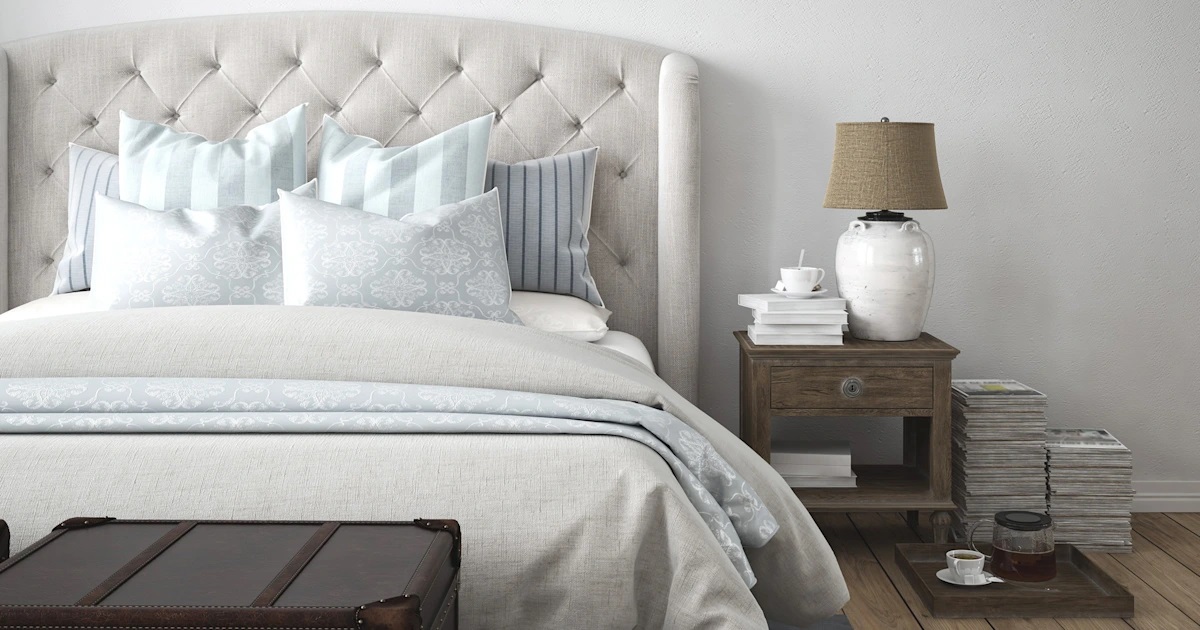
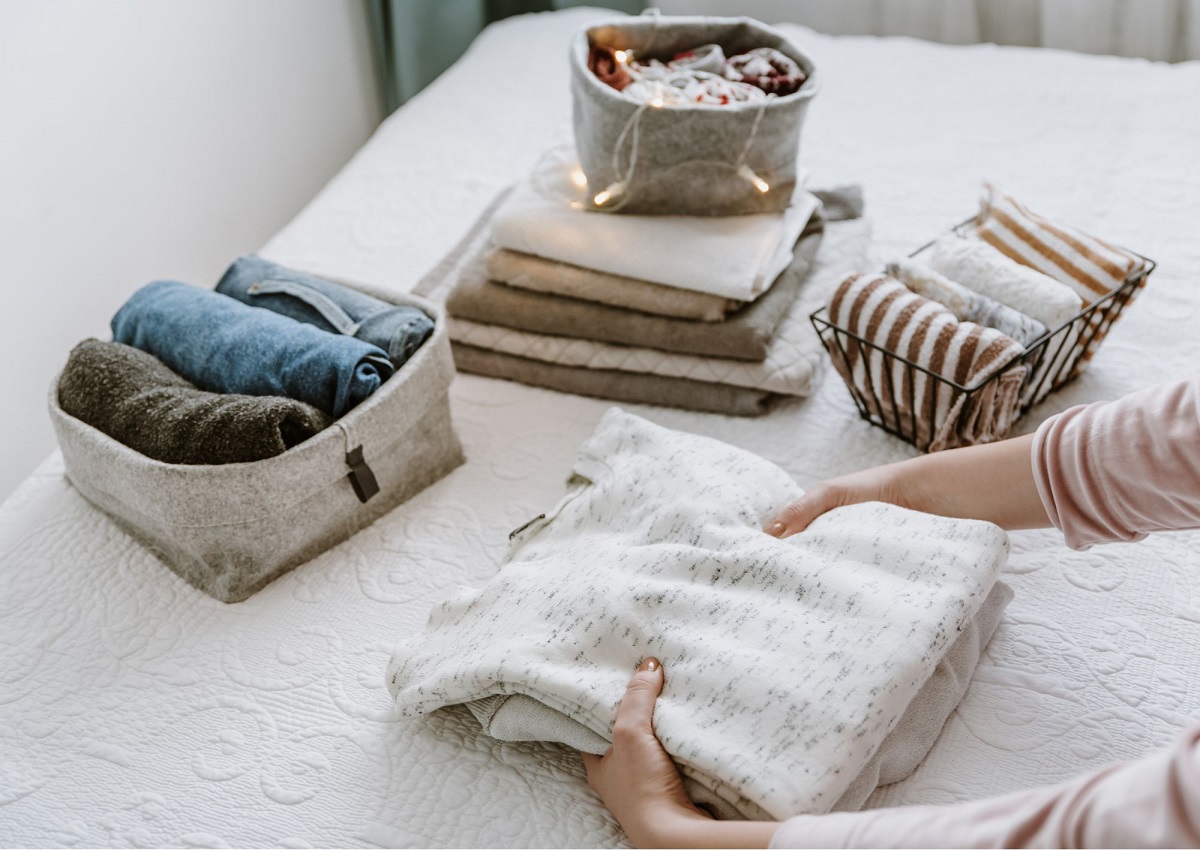
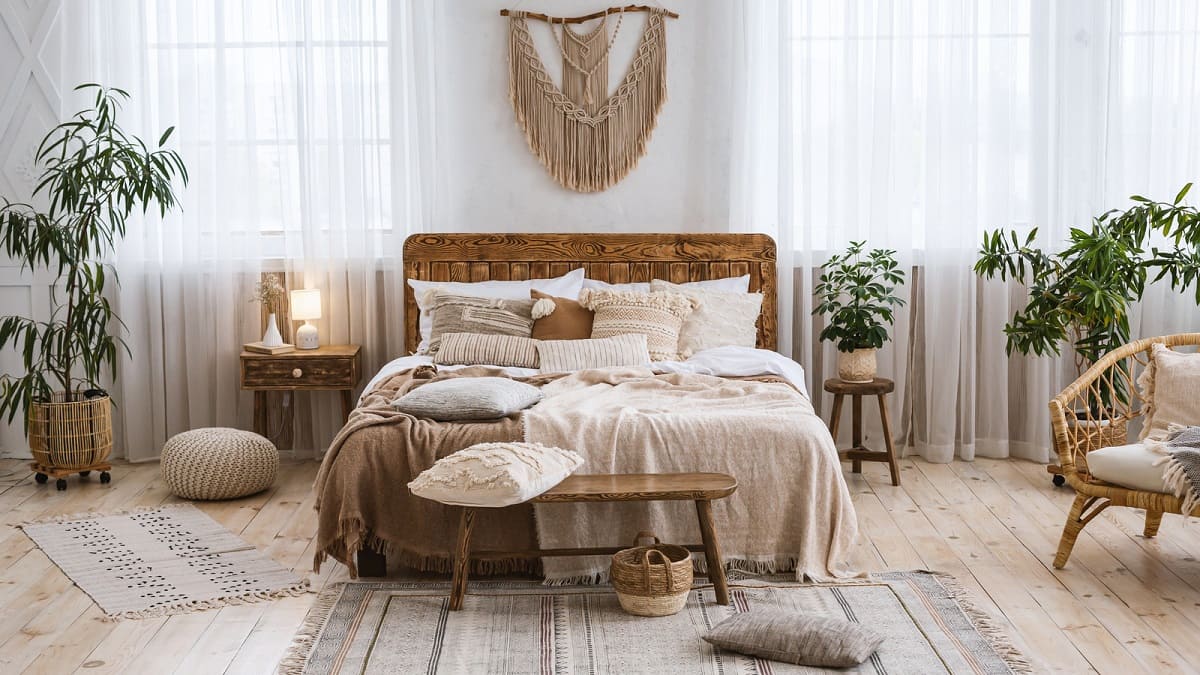
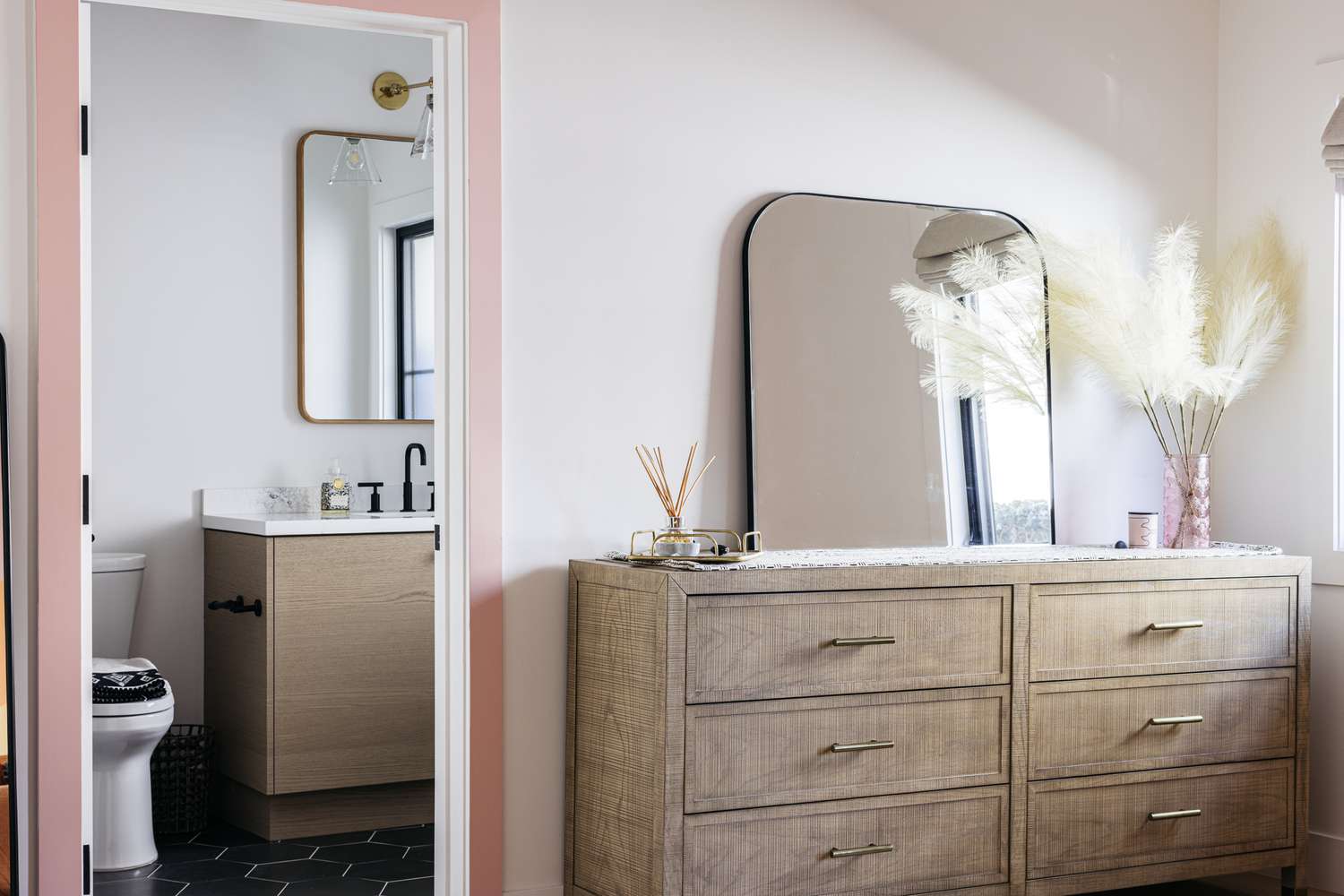
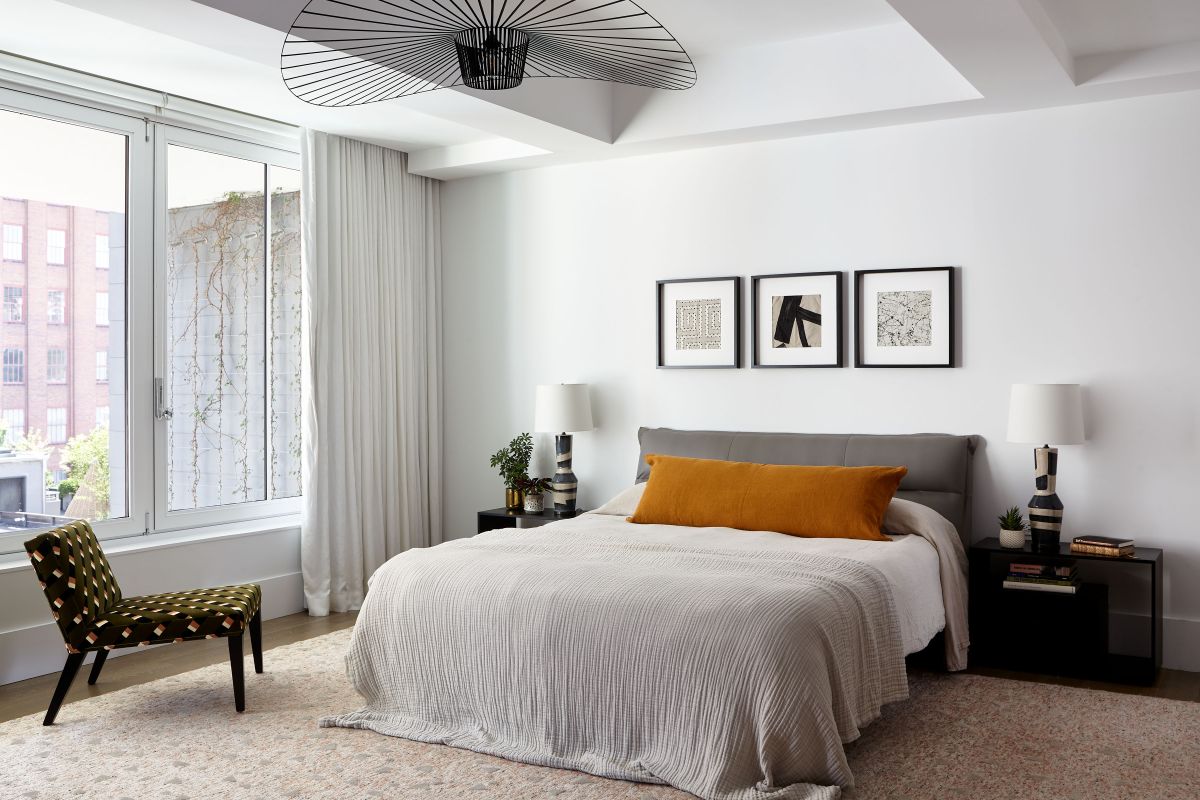
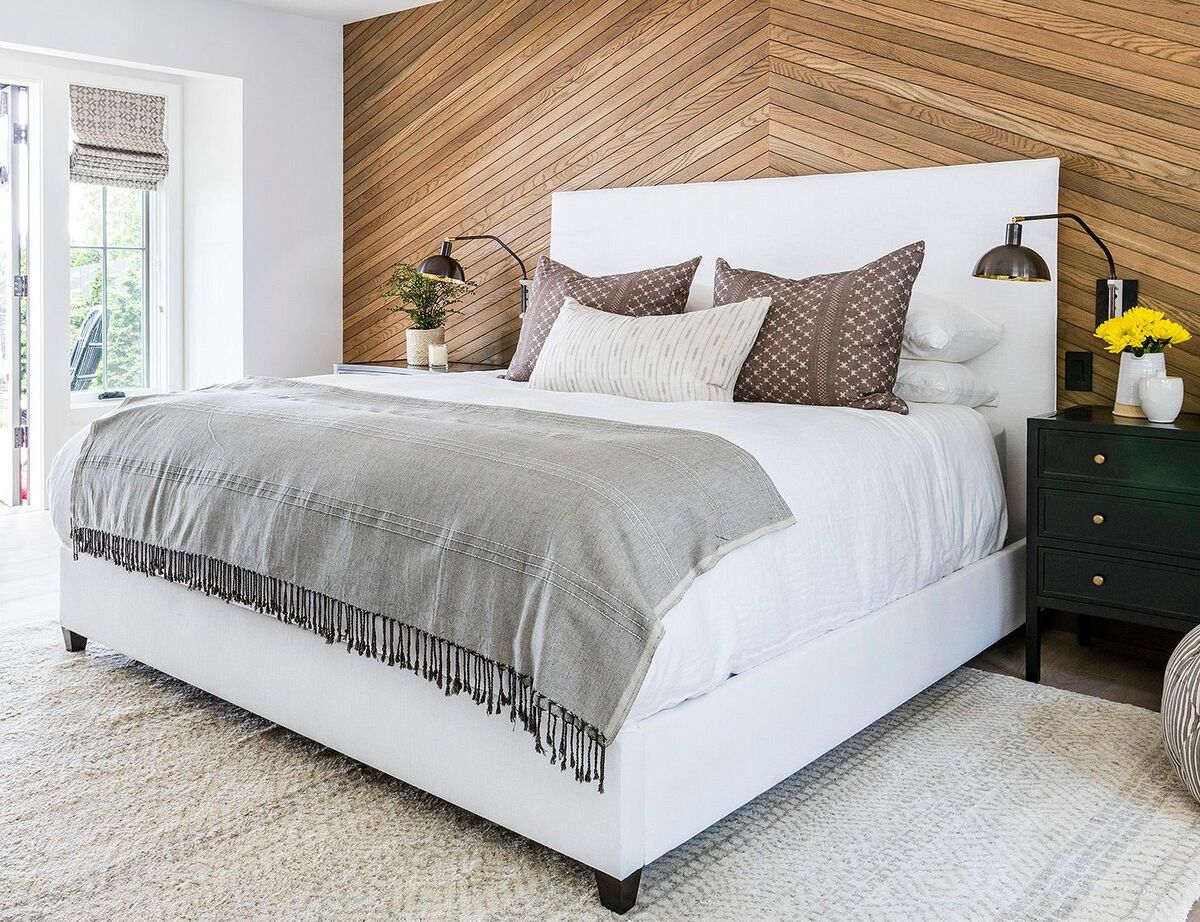
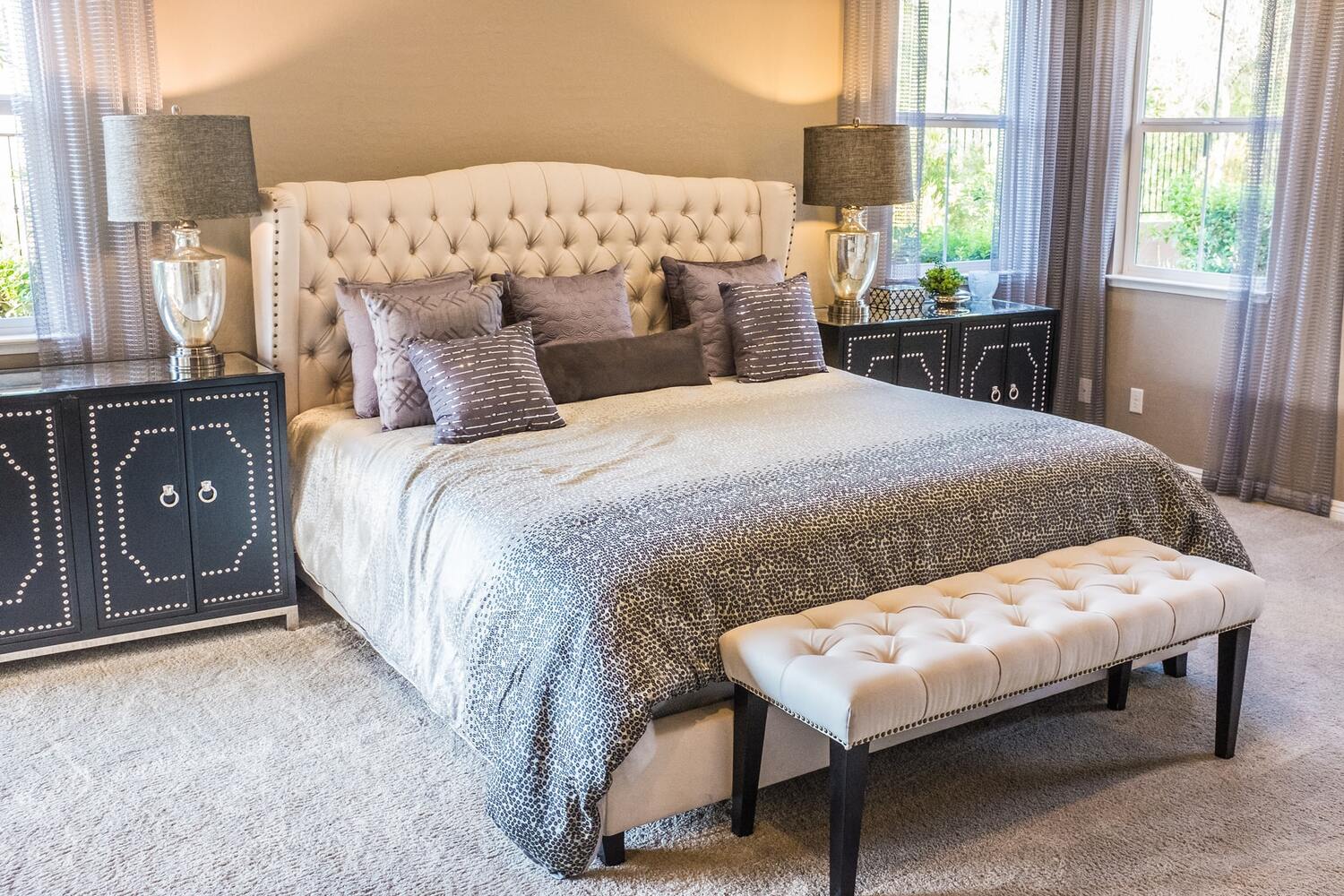
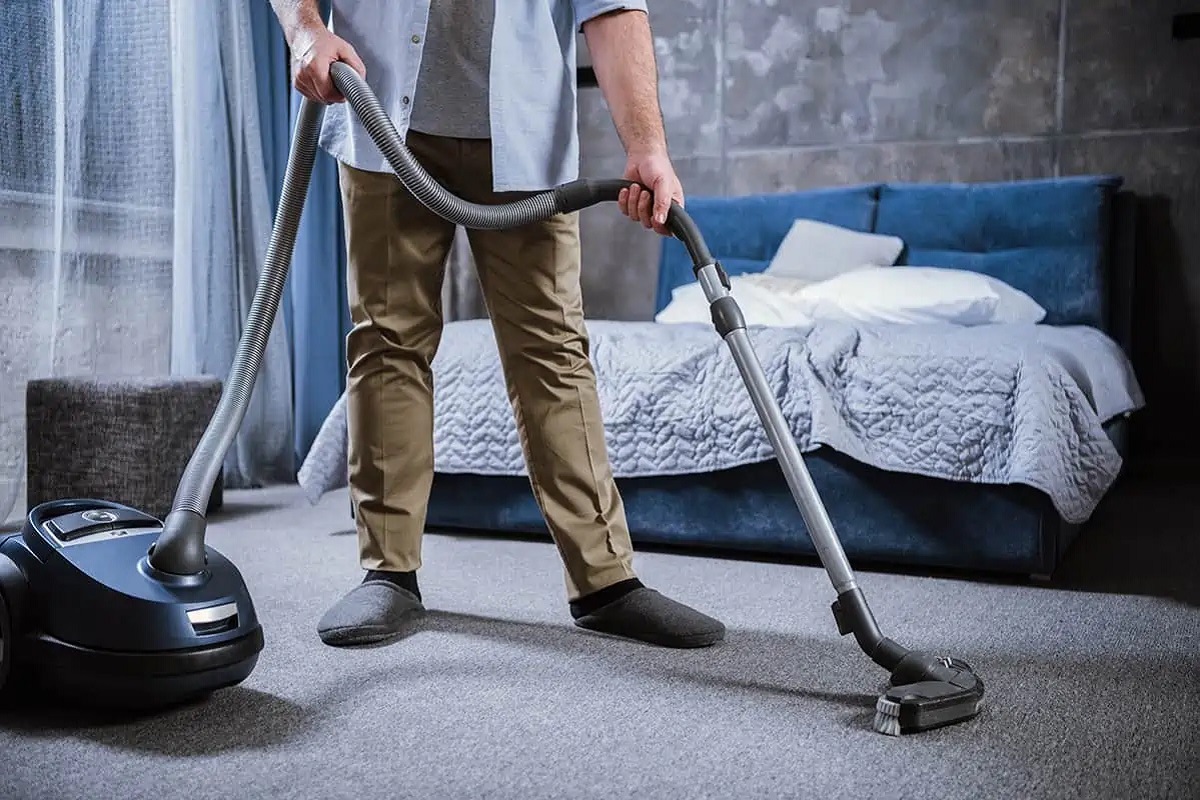
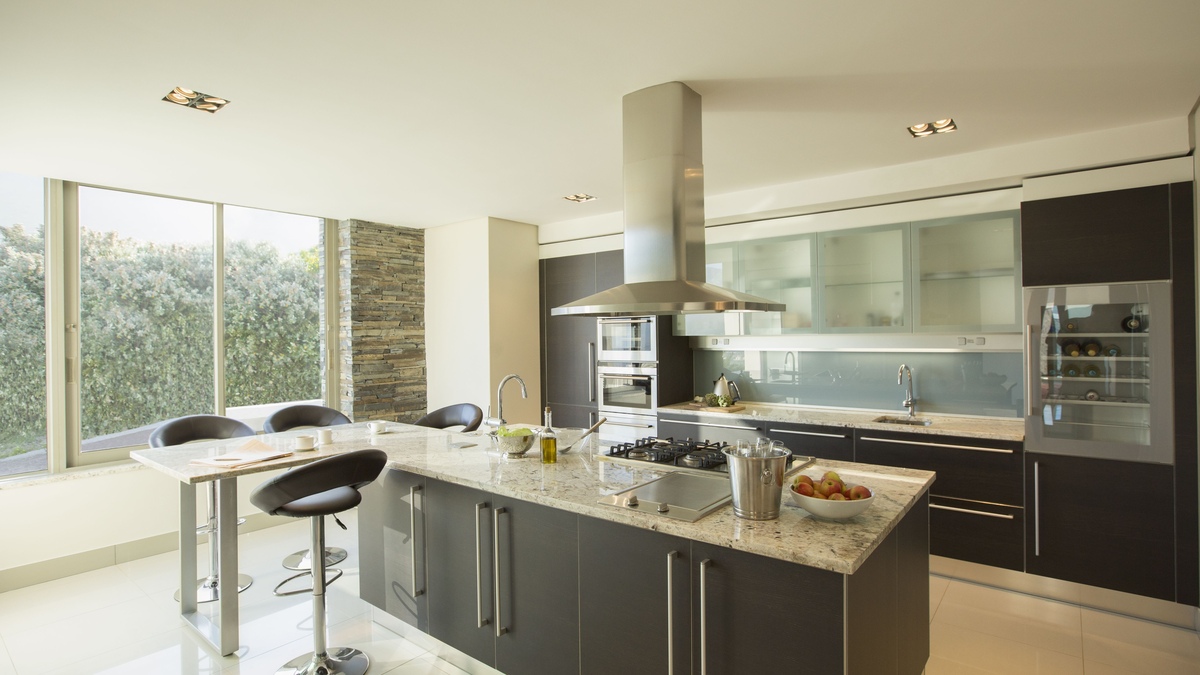
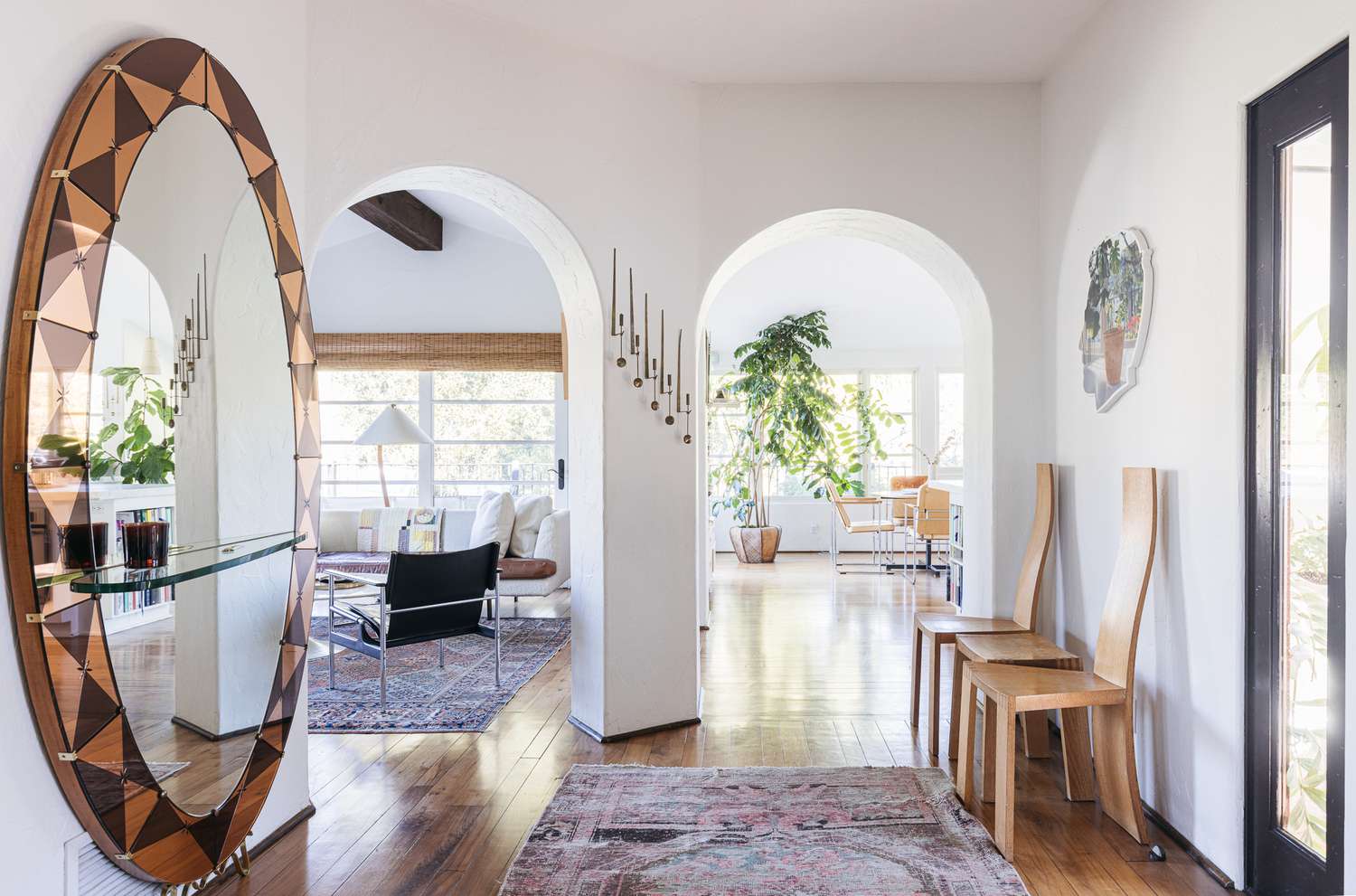
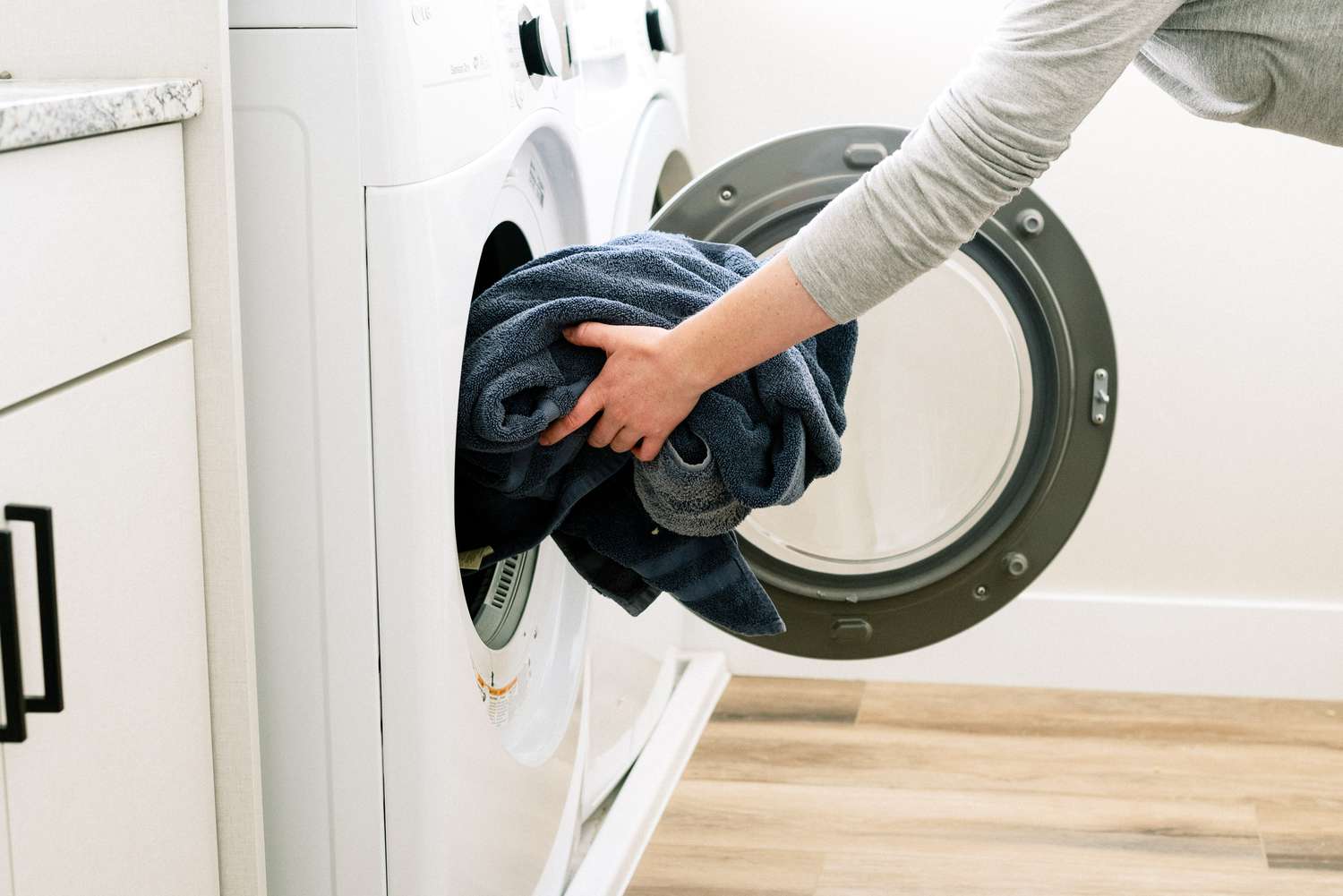
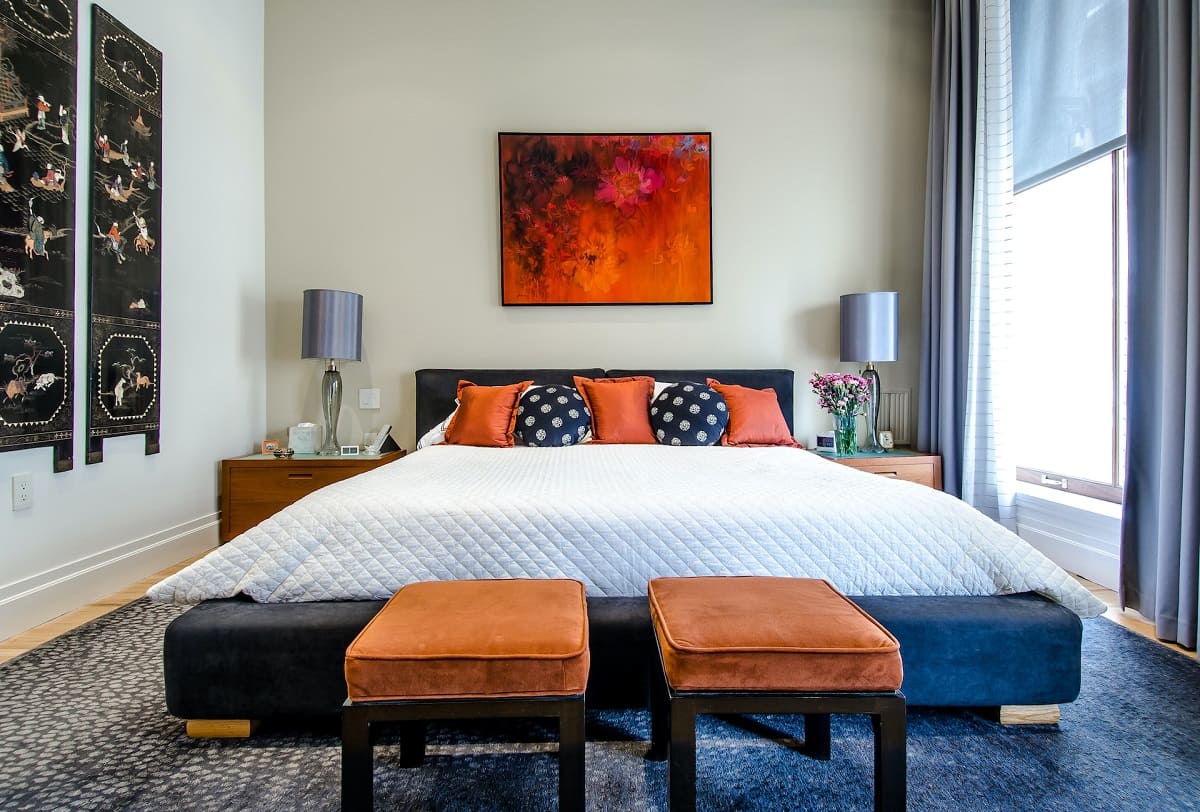

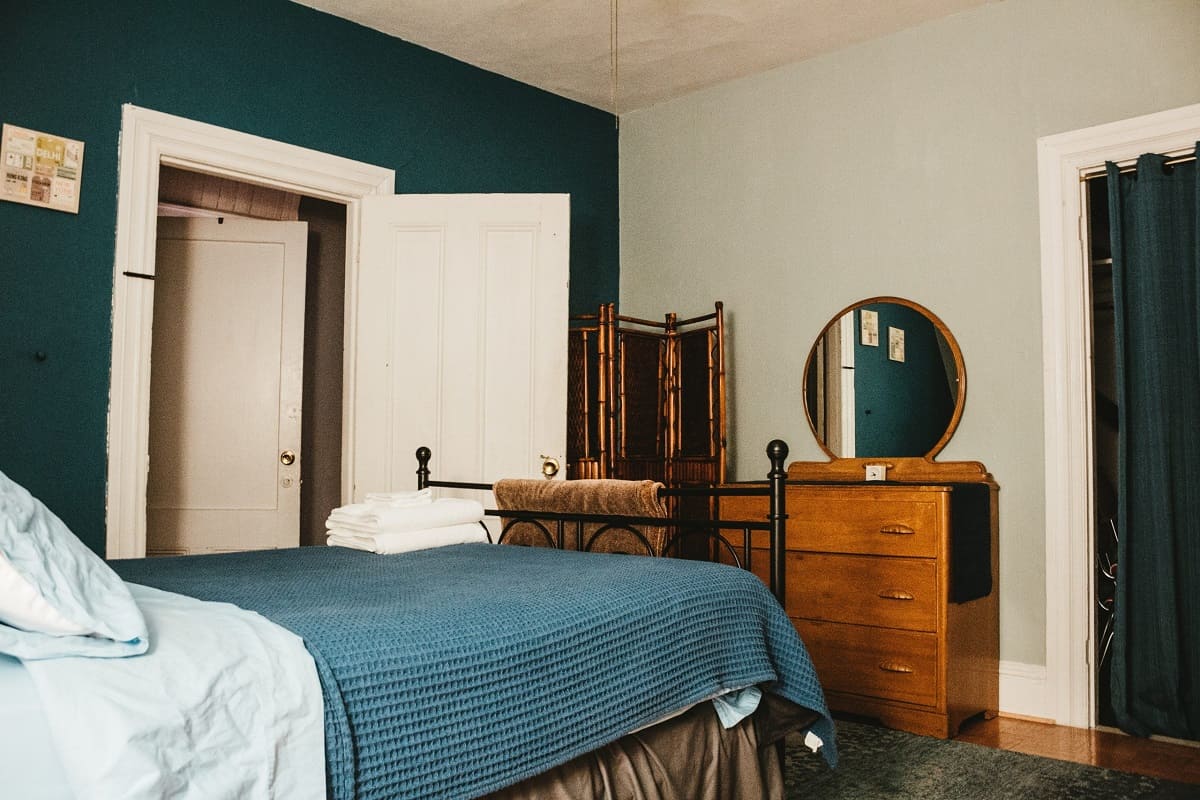

0 thoughts on “Should You Have A Mirror In Your Bedroom? Why Feng Shui Experts Warn Against It”